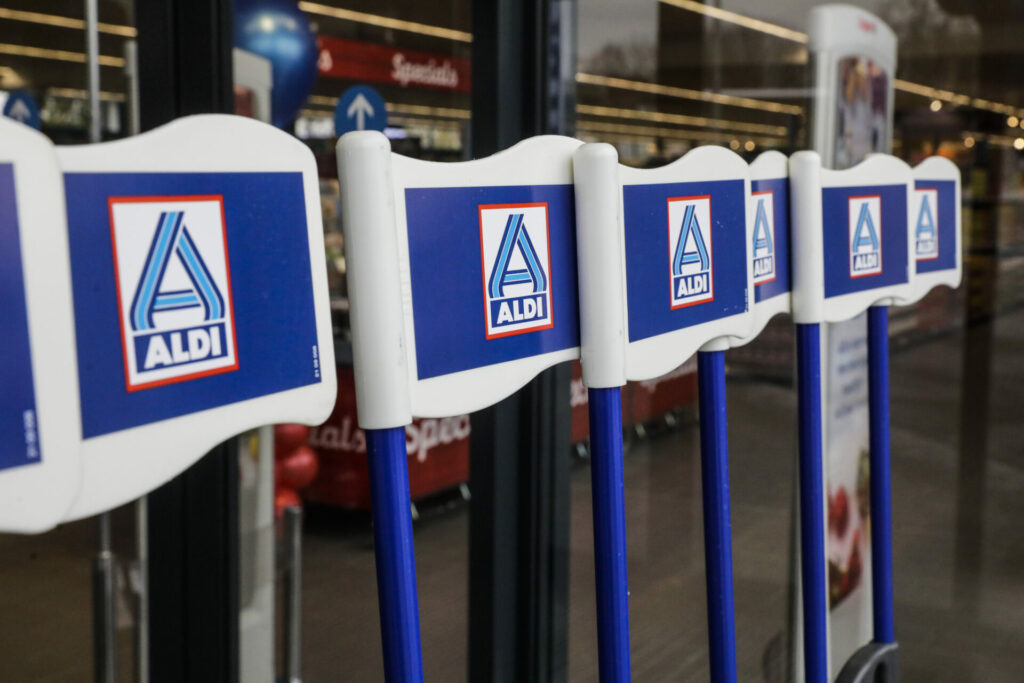Social unrest in the Belgian supermarket sector is spreading. Workers of German low-cost supermarket giant Aldi in Belgium are becoming increasingly concerned after its management stated its intention to terminate a collective labour agreement (CCT) which gives guarantees for the provision of additional staff.
Unions are concerned about the decision, with one of Belgium’s largest trade unions, Christian union CNE, threatening strike action if Aldi does not change course. According to the union, Aldi bosses announced a new assessment of employee tasks carried out in its stores.
“At Aldi, all tasks are literally timed. It is on this basis that the number of employees assigned to it is determined,” the union explained. Workers and trade unions now fear that new estimates drawn up by the company will lead to a small workforce and the “return of the hellish workload” experienced by staff in 2021.
Workers at Aldi report that management has said that it no longer intends to respect the collective agreement struck between corporate and workers following the rush two years ago. This guaranteed an increase in working hours and, by extension, staff.
The CNE estimates that the planned reductions would equate to half shift less per store, and thereby an increased workload for the employees. The union notes that the workload on employees is already high today, as there are many staff absent on sick leave. The union is now calling for fresh discussions with employees.
“Without conciliation, a notice of [strike] will follow. No date has yet been set for the supposed new consultation. For its part, the SECTCa (trade union) thinks that it is still too early to talk about actions,” the CNE added.
Related News
- Colruyt advocates for reforms in franchising supermarket sector
- Delhaize franchising plans: Already one potential buyer per shop
In reaction to the unrest among its workers, Aldi assured that it was not planning on attempting to make savings on staffing costs.
“It’s true that a national consultation took place at Aldi in the company of the unions. One of the topics discussed was the evaluation mechanism for the number of hours of work required per store. This is not an exercise in reducing personnel costs,” a company representative said.
Aldi maintained that it had a “long tradition of union consultation” and that it was open to discussions with workers.

